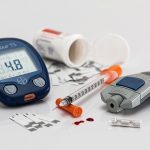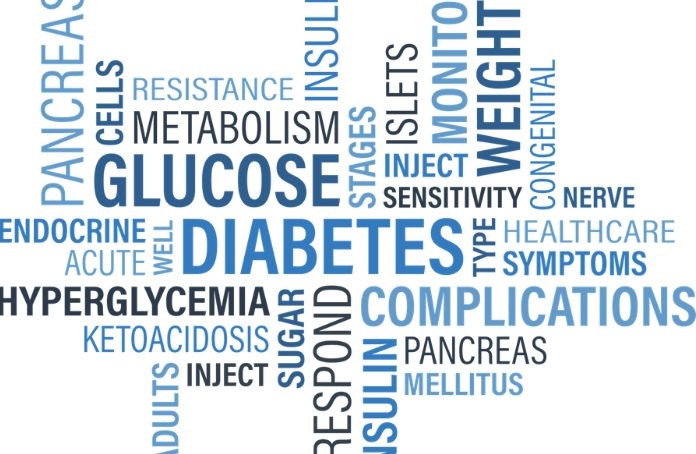Diabetes and Alcohol is a common, life-long condition that occurs when the pancreas doesn’t produce enough insulin or the insulin it does produce doesn’t work properly. Insulin is a hormone that transfers glucose from the bloodstream into the cells to be used for energy. If you have diabetes, your body cannot make proper use of this glucose so it builds up in the blood instead of moving into your cells.
Diabetes is a manageable condition. But when it’s not well managed, it is associated with serious health complications including heart disease, stroke, blindness, kidney disease, nerve damage and amputations.
There are two types of Diabetes 
Type 1: diabetes develops if the body can’t produce enough insulin, because insulin-producing cells in the pancreas have been destroyed. This type of diabetes are usually diagnosed before they’re 40. Least common type of diabetes – only 10% of all cases is type 1.
Type 2: diabetes develops when the body can still make some insulin, but not enough, or when the body becomes resistant to insulin. People are overweight and inactive. People with lots of fat around the abdomen have a greater risk of developing type 2 diabetes.
Patients on insulin treatment for diabetes can develop abnormally low blood sugar levels. This is known as hypoglycaemia.
Symptoms of hypoglycaemia include: Slurring words, headache, confusion, double vision and abnormal discomfort.
Diabetes and alcohol effects on the body
Diabetes and Alcohol can have an adverse effect on a person because alcohol has a tendency to increase blood sugar level in the blood. Drinking heavily can also increase the chances of developing hypoglycaemia because it prevents the liver from making glucose when you drink on an empty stomach.
 If you have nerve damage as a result of diabetes, drinking alcohol can make it worse and increase the pain, tingling, numbness and other symptoms.
If you have nerve damage as a result of diabetes, drinking alcohol can make it worse and increase the pain, tingling, numbness and other symptoms.
If you’re going to drink do so moderately. Men with diabetes should consume no more than two servings per day. The type of alcohol that you choose to drink can decide how it influences on your health. Different drinks will affect your body with diabetes wildly. Many people also differ in how they respond to alcohol.
Each alcoholic beverage takes between 1 to 1.5 hours to process through the liver. Many alcoholic beverages such as beer, wine, mixed drinks contain carbohydrates, which will quickly increase your blood sugar.
The best alcoholic drinks for diabetes include:
- Light beer and dry wines. These alcohol drinks have fewer calories and carbohydrates than other alcoholic drinks.
- Liquor neat, on the rocks, or with a splash. By skipping the mixer, you’re eliminating any
 additional calories or carbohydrates and limiting the effect your drink will have on your blood sugar.
additional calories or carbohydrates and limiting the effect your drink will have on your blood sugar. - Sugar-free mixers for mixed drinks. Try diet tonic, lemon or lime juice, club soda or seltzer. These mixers will not raise your blood sugar.
Things to Remember:
- Be very conservative and cautious if you use insulin to lower your blood sugar when drinking. Do regular check-up of your blood sugar level.
- Have a meal or snack with carbohydrates when you consume alcohol.
- Remember to keep glucose tabs or other fast-acting glucose with you at all times.
- Consider going to bed with a blood sugar higher than normal if you’ve been drinking. Keep in mind that the drop in Blood Glucose is often delayed and you’ll want keep it extra safe when sleeping.
- Alcohol can make it hard to notice symptoms of a low blood sugar. Check your blood sugar often. Check more often than you think you need to.
If you want to drink, check with your doctor first to make sure any alcohol is safe for you. Be cognizant of what is in whatever you are drinking.






























